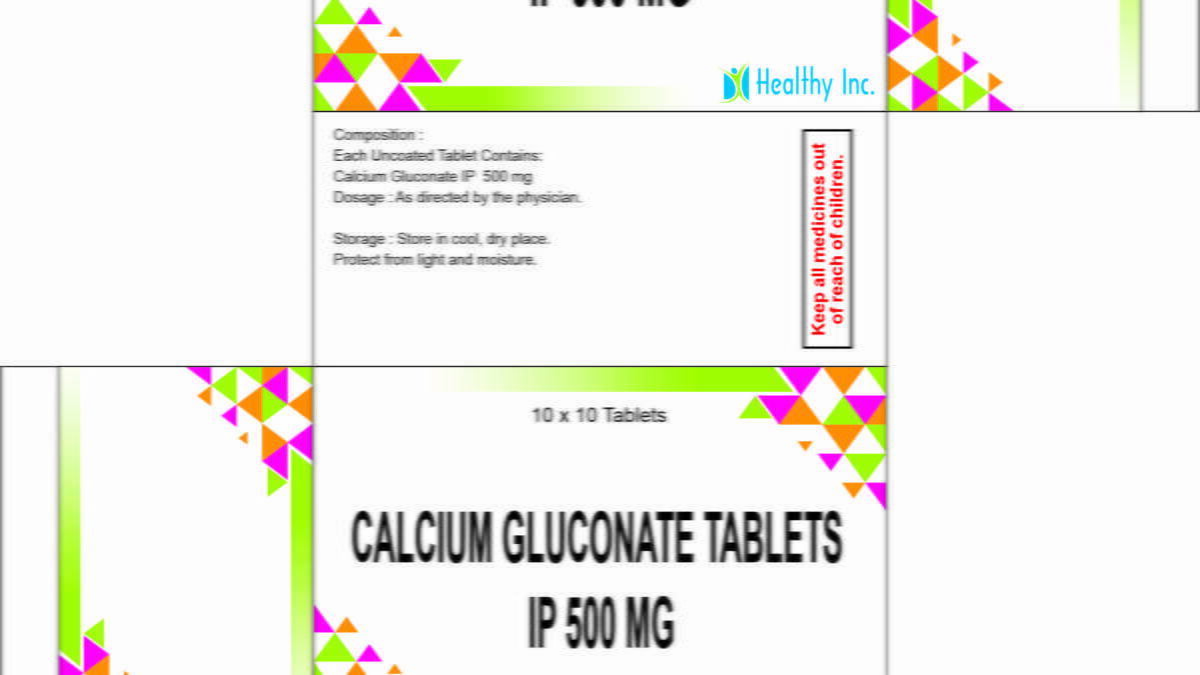Calcium Gluconate Tablets Use

Calcium with vitamin D3 Tablets Use
21/11/2023
Candesartan Tablets Use
21/11/2023Calcium Gluconate Tablets , कैल्शियम ग्लूकोनेट गोलियाँ , comprimidos de gluconato de calcio , comprimés de gluconate de calcium , قرص جلوكونات الكالسيوم ملغ , 片葡萄糖酸鈣錠 毫克 , comprimidos de gluconato de cálcio ,Таблетки глюконата кальция , グルコン酸カルシウム錠 , suppliers India, Exporters,Wholesalers India, Distributors India, Generic Supplier,who gmp certified manufacturer, pharmaceutical companies in Mumbai , pharmaceutical manufacturing companies in Mumbai , pharmaceutical manufacturing companies, pcd pharma franchise, third party manufacturing pharma company, pharmaceutical third party manufacturing, pharmaceutical manufacturers in India, pharmaceutical manufacturer India, pharma manufacturers in India, pharma company in Mumbai, pharma manufacturer in Mumbai, active pharma ingredients India, pcd pharma franchise company, pcd pharma franchise in India, drug manufacturing companies in Mumbai, contract manufacturing companies in Mumbai, pharmaceutical contract manufacturing companies in Mumbai, pharmaceutical contract manufacturing companies in India, top pharma exporter in Mumbai, top pharma exporter in India, third party pharma exporter in Mumbai, third party pharma exporter in India, third party pharmaceutical companies in Mumbai , third party pharmaceutical manufacturing companies in Mumbai , third party pharmaceutical manufacturing companies
Calcium Gluconate Tablet manufacturer
Calcium gluconate tablets are a dietary supplement that provides calcium, an essential mineral for various bodily functions, including bone health, muscle function, nerve transmission, and blood clotting. Calcium gluconate is one of the many forms of calcium used in supplements, and it is typically well-absorbed by the body.
Here are some common uses and considerations regarding calcium gluconate tablets:
Bone Health: Calcium is crucial for maintaining strong bones and teeth. It is often recommended for individuals at risk of osteoporosis or those who do not get enough calcium from their diet.
Calcium Deficiency: Calcium gluconate tablets can be used to treat or prevent calcium deficiencies when dietary intake is insufficient.
Pregnancy: Pregnant women may be advised to take calcium supplements to ensure the baby’s developing bones receive an adequate supply of calcium.
Osteoporosis: Calcium supplements are commonly recommended for postmenopausal women who are at an increased risk of osteoporosis.
Heart Health: Some studies suggest that calcium may have a role in heart health, although this is still a topic of ongoing research and debate.
Antacid: Calcium gluconate can also be used as an antacid to relieve heartburn and indigestion by neutralizing excess stomach acid.
It’s important to follow dosage instructions carefully and not exceed recommended daily intake levels, as excessive calcium intake can lead to adverse effects, including kidney stones and other health problems. Always consult with a healthcare professional before starting any new supplement, especially if you have existing health conditions or are taking other medications.
Also, consider the source and quality of the supplement, as not all calcium supplements are created equal. Different forms of calcium may have different absorption rates and tolerability. Common side effects of calcium supplements can include constipation or gastrointestinal discomfort.
Remember that a balanced diet that includes calcium-rich foods, such as dairy products, leafy green vegetables, and fortified foods, is usually the best way to maintain adequate calcium levels. Calcium supplements are typically recommended when dietary sources are insufficient or when certain medical conditions necessitate them.
Calcium gluconate is a calcium supplement that is available in tablet form. It is commonly used to treat or prevent calcium deficiencies in the body, which can occur due to various medical conditions, dietary deficiencies, or as a supplement during pregnancy and breastfeeding. Calcium is essential for many bodily functions, including bone health, muscle function, and nerve transmission.
Here are some key points to know about calcium gluconate tablets:
Calcium Source: Calcium gluconate is a calcium salt derived from gluconic acid. It contains calcium in a form that is readily absorbed by the body.
Indications: Calcium gluconate tablets are typically prescribed by healthcare professionals for conditions such as hypocalcemia (low blood calcium levels), osteoporosis, and as a supplement during pregnancy and lactation.
Dosage: The recommended dosage of calcium gluconate tablets can vary depending on the specific medical condition and the individual’s calcium needs. Always follow the instructions provided by your healthcare provider or on the product label.
Absorption: Calcium absorption can be influenced by various factors, including the presence of vitamin D, dietary factors, and individual differences. It is often recommended to take calcium supplements with meals to enhance absorption.
Side Effects: Calcium supplements can cause side effects in some individuals, including constipation, gas, and bloating. To reduce these side effects, it is important to stay adequately hydrated and, if necessary, consider adjusting the dosage or switching to a different form of calcium supplement.
Interactions: Calcium can interact with certain medications, reducing their effectiveness or causing adverse effects. It’s essential to inform your healthcare provider about any medications you are taking before starting a calcium supplement.
Dietary Considerations: While calcium supplements can be beneficial, it’s also important to maintain a balanced diet that includes calcium-rich foods such as dairy products, leafy greens, and fortified foods to meet your calcium needs naturally.
Precautions: Consult with a healthcare professional before starting any calcium supplement, especially if you have kidney problems or a history of kidney stones. They can help determine the appropriate dosage and monitor your calcium levels.
Storage: Store calcium gluconate tablets in a cool, dry place, away from direct sunlight and moisture, as per the manufacturer’s recommendations.
It’s crucial to discuss the use of calcium supplements with a healthcare provider to ensure they are appropriate for your specific health needs and to determine the correct dosage. Additionally, your healthcare provider can monitor your calcium levels and make any necessary adjustments to your treatment plan.


